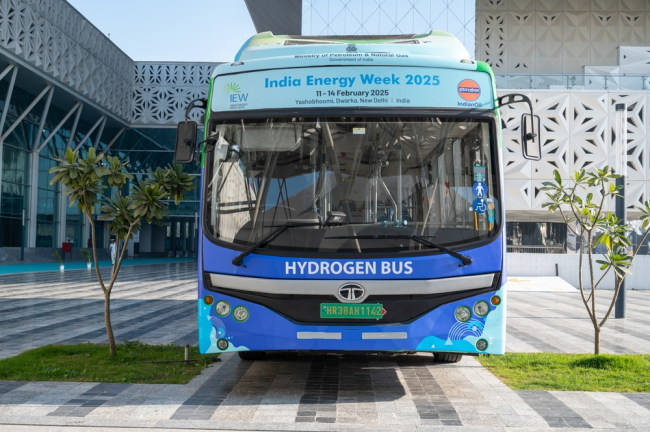How Far Has Indian Industry Travelled down the Deregulatory Road?

Since 1991 India's economic reform programme has set out to alter the production structure by increasing the role of markets in the economy, directly through privatisation, or by way of reduction in state investments and interventions, and indirectly through domestic deregulation and trade liberalisation. The overall effect of these measures have been to bring an end to India's relative economic isolation from the rest of the world economy. There is no doubt that there has been an increased degree of integration of the Indian economy with the global economy in the 1990s. This has led to a fundamental shift in Indian developmental strategy, away from Nehruvian socialism based on import-substitution industrialisation to an export-oriented industrialisation strategy.
Download the full analysis
This page contains only a summary of our work. If you would like to have access to all the information from our research on the subject, you can download the full version in PDF format.
How Far Has Indian Industry Travelled down the Deregulatory Road?
Related centers and programs
Discover our other research centers and programsFind out more
Discover all our analysesIndia’s Green Hydrogen Strategy in Action: Policy Actions, Market Insights, and Global Opportunities
India is poised to remain the world’s fastest-growing major economy, and this rapid growth is driving a sharp rise in energy demand. As the most populous country on the planet, India urgently needs to decarbonize its energy systems.

RAMSES 2024. A World to Be Remade
For its 42nd edition, RAMSES 2024 identifies three major challenges for 2024.

France and the Philippines should anchor their maritime partnership
With shared interests in promoting international law and sustainable development, France and the Philippines should strengthen their maritime cooperation in the Indo-Pacific. Through bilateral agreements, expanded joint exercises and the exchange of best practices, both nations can enhance maritime domain awareness, counter security threats and develop blue economy initiatives. This deeper collaboration would reinforce stability and environmental stewardship across the region.

The China-led AIIB, a geopolitical tool?
The establishment of the Asian Infrastructure Investment Bank (AIIB) in 2016, on a Chinese initiative, constituted an attempt to bridge the gap in infrastructure financing in Asia. However, it was also perceived in the West as a potential vehicle for China’s geostrategic agendas, fueling the suspicion that the institution might compete rather than align with existing multilateral development banks (MDBs) and impose its own standards.






